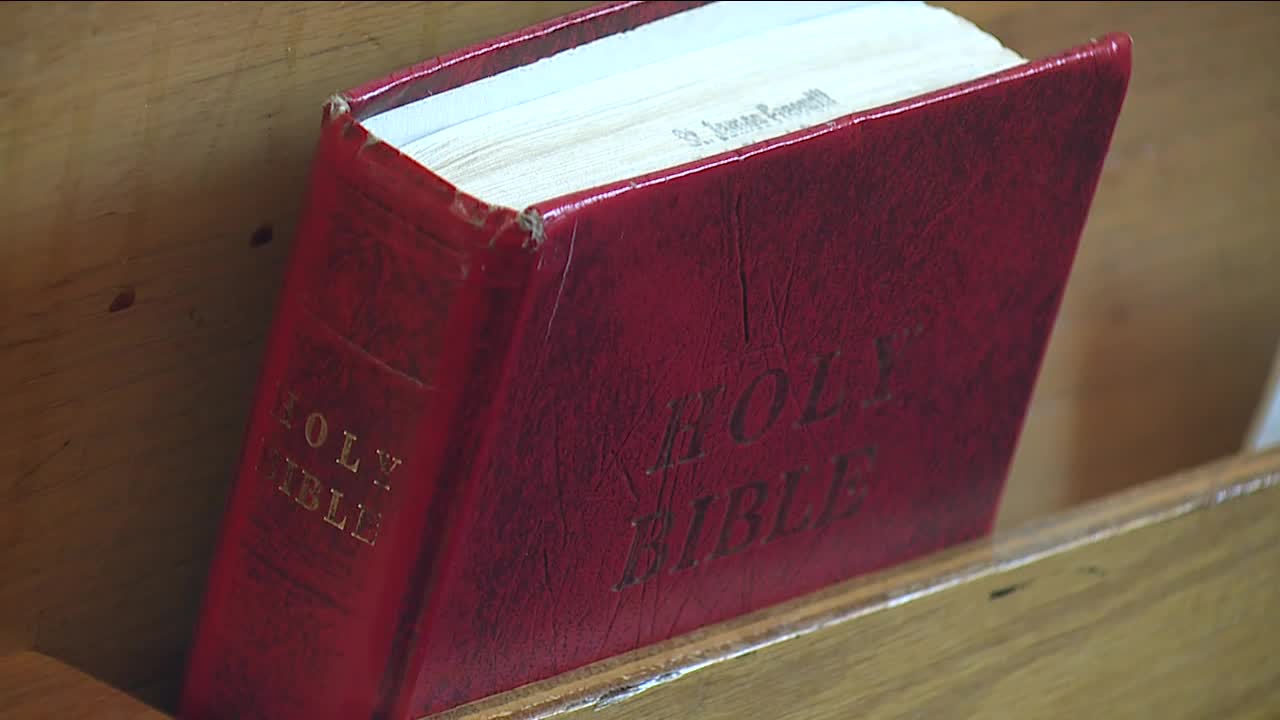As many Americans observe Holy Week, a new survey shows "religiously unaffiliated" is the fastest growing religious category in the United States.
Peggy Goode says it's important that she attends the Good Friday service at St. James Freewill Baptist Church in Winter Haven. She hasn’t missed it in three years.
“It’s coming up to the resurrection of Christ and I wanted to celebrate that,” Goode said.
Goode takes pride in being a Christian and raised her children to put God first.
“Being a Christian, I know that God is the head of my life. I believe that whatever I'm going through, God will be here with me,” said Goode.
Several Winter Haven pastors came together to hold the joint service, including Rev. Clifton Dollison. He has led First Missionary Baptist Church for more than three decades and said his congregation is growing.
“We’re one of the fastest growing cities in the country right now, so we’re actually experiencing that even at our church. So, we’re seeing people come from all over the country,” said Dollison.
However, according to a new study by the Public Religion Research Institute, a growing number of Americans are not affiliated with any religion.
The study shows 26% of Americans identified as religiously unaffiliated in 2023- that is a 5% increase from 2013.
“We’re at a time where we may be so label conscious. I think that could trip a lot of people up. I think some people are tired of being labeled or being put in a box,” Dollison said.
The report found that most religiously unaffiliated Americans say they left their faith tradition because they stopped believing in their religion’s teachings.
“What we teach in interfaith Tampa Bay is that it’s not about your religious practice, it’s about how you’re serving the community,” said Linda McLeod, President of Interfaith Tampa Bay.
McLeod said at Interfaith Tampa Bay, they focus on building bridges between individuals and faith communities.
“I think the more that we preach and teach love and the collective idea that no group is better than another group, that more and more people are looking for that,” McLeod said.




